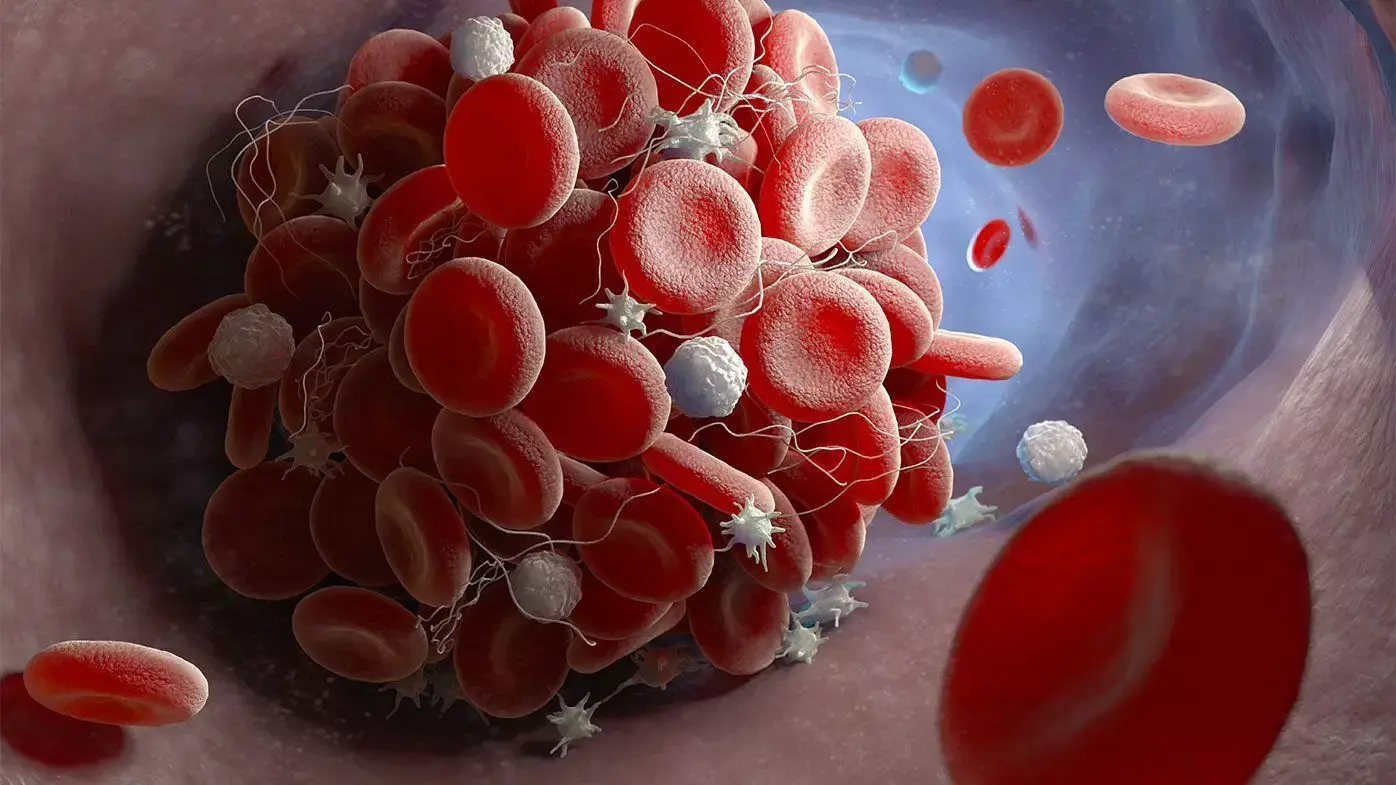- Home
- Medical news & Guidelines
- Anesthesiology
- Cardiology and CTVS
- Critical Care
- Dentistry
- Dermatology
- Diabetes and Endocrinology
- ENT
- Gastroenterology
- Medicine
- Nephrology
- Neurology
- Obstretics-Gynaecology
- Oncology
- Ophthalmology
- Orthopaedics
- Pediatrics-Neonatology
- Psychiatry
- Pulmonology
- Radiology
- Surgery
- Urology
- Laboratory Medicine
- Diet
- Nursing
- Paramedical
- Physiotherapy
- Health news
- Fact Check
- Bone Health Fact Check
- Brain Health Fact Check
- Cancer Related Fact Check
- Child Care Fact Check
- Dental and oral health fact check
- Diabetes and metabolic health fact check
- Diet and Nutrition Fact Check
- Eye and ENT Care Fact Check
- Fitness fact check
- Gut health fact check
- Heart health fact check
- Kidney health fact check
- Medical education fact check
- Men's health fact check
- Respiratory fact check
- Skin and hair care fact check
- Vaccine and Immunization fact check
- Women's health fact check
- AYUSH
- State News
- Andaman and Nicobar Islands
- Andhra Pradesh
- Arunachal Pradesh
- Assam
- Bihar
- Chandigarh
- Chattisgarh
- Dadra and Nagar Haveli
- Daman and Diu
- Delhi
- Goa
- Gujarat
- Haryana
- Himachal Pradesh
- Jammu & Kashmir
- Jharkhand
- Karnataka
- Kerala
- Ladakh
- Lakshadweep
- Madhya Pradesh
- Maharashtra
- Manipur
- Meghalaya
- Mizoram
- Nagaland
- Odisha
- Puducherry
- Punjab
- Rajasthan
- Sikkim
- Tamil Nadu
- Telangana
- Tripura
- Uttar Pradesh
- Uttrakhand
- West Bengal
- Medical Education
- Industry
Sutimlimab increases Hb levels, prevents hemolysis in cold agglutinin disease: NEJM

Delhi: Selective upstream inhibition of activity in the classic complement pathway rapidly reduced fatigue, increased hemoglobin levels, and halted hemolysis in patients with cold agglutinin disease who received sutimlimab, finds a recent study. Sutimlimab prevents chronic hemolysis, markedly increases hemoglobin levels and improves quality of life in cold agglutinin disease. The study has been published in the New England journal of Medicine.
Cold agglutinin disease is a rare autoimmune hemolytic anemia. It is characterized by hemolysis that is caused by activation of the classic complement pathway. Sutimlimab is a humanized monoclonal antibody that selectively targets the C1s protein, a C1 complex serine protease responsible for activating this pathway.
Alexander Röth and colleagues aimed to assess the efficacy and safety of intravenous sutimlimab in patients with cold agglutinin disease and a recent history of transfusion by conducting a 26-week multicenter, open-label, single-group study.
The composite primary end point was a normalization of the hemoglobin level to 12 g or more per deciliter or an increase in the hemoglobin level of 2 g or more per deciliter from baseline, without red-cell transfusion or medications prohibited by the protocol.
The researchers enrolled total of 24 patients who received at least one dose of sutimlimab. Out of which 13 patients (54%) met the criteria for the composite primary end point.
Key findings of the study include:
- The least-squares mean increase in hemoglobin level was 2.6 g per deciliter at the time of treatment assessment (weeks 23, 25, and 26).
- A mean hemoglobin level of more than 11 g per deciliter was maintained in patients from week 3 through the end of the study period.
- The mean bilirubin levels normalized by week 3.
- A total of 17 patients (71%) did not receive a transfusion from week 5 through week 26.
- Clinically meaningful reductions in fatigue were observed by week 1 and were maintained throughout the study.
- Activity in the classic complement pathway was rapidly inhibited, as assessed by a functional assay.
- Increased hemoglobin levels, reduced bilirubin levels, and reduced fatigue coincided with inhibition of the classic complement pathway.
- At least one adverse event occurred during the treatment period in 22 patients (92%).
- Seven patients (29%) had at least one serious adverse event, none of which were determined by the investigators to be related to sutimlimab.
- No meningococcal infections occurred.
"In patients with cold agglutinin disease who received sutimlimab, selective upstream inhibition of activity in the classic complement pathway rapidly halted hemolysis, increased hemoglobin levels, and reduced fatigue," wrote the authors.
Reference:
The study titled, "Sutimlimab in Cold Agglutinin Disease," is published in the New England Journal of Medicine.
DOI: https://www.nejm.org/media/doi/full/10.1056/NEJMoa2027760
Dr Kamal Kant Kohli-MBBS, DTCD- a chest specialist with more than 30 years of practice and a flair for writing clinical articles, Dr Kamal Kant Kohli joined Medical Dialogues as a Chief Editor of Medical News. Besides writing articles, as an editor, he proofreads and verifies all the medical content published on Medical Dialogues including those coming from journals, studies,medical conferences,guidelines etc. Email: drkohli@medicaldialogues.in. Contact no. 011-43720751


